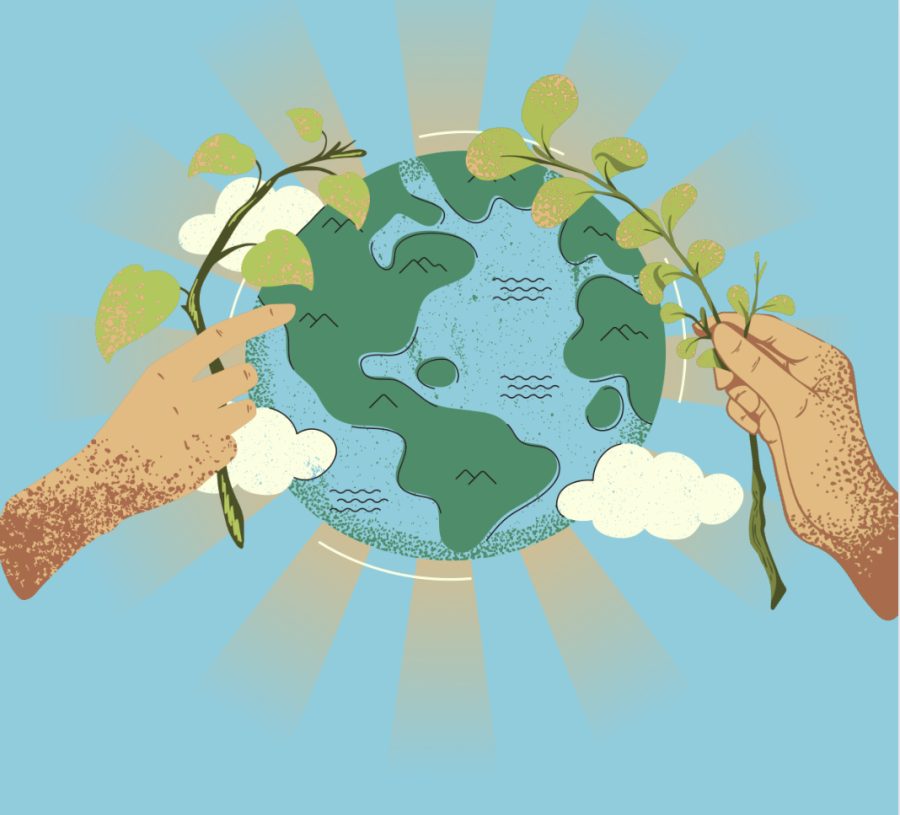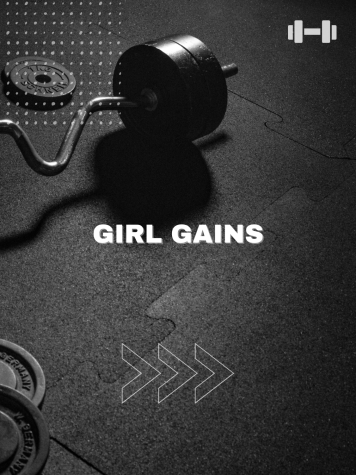Environmental wellness: A simple guide to decluttering your living space
As we step into the new year, resolutions abound. Consider decluttering your environment for a simple, inexpensive fresh start that may have a direct positive impact on your mental health.
Overconsumption is an issue that harms the natural environment and damages the mental and physical health of consumers. This decluttering guide provides helpful tools for mitigating overconsumption by introducing an intentional process of sorting through their material goods and digital applications.
Physical Clutter
Physical clutter can be defined as material goods not being used consistently and purposefully in your life. When sorting through physical clutter, it is beneficial to ask mindful questions regarding your utilization of said items, like: “How often do I use this?” or “Does this item have a place or take up space?”
After sorting through your items, you may wonder what to do with the items considered clutter. “Do you simply trash everything?” the short answer to this question is “no”; it is important to dispose of your clutter ethically.
There are many ways to practice ethical disposal. For those with a crafty side, it may be best to upcycle, which is the practice of reusing materials to add personal value to the item.
Another way to dispose of clutter is by donating the items to a friend, family member or thrift shop. Individuals may even decide to sell their items through an online sales application or website. As the saying goes, “one man’s trash is another man’s treasure.”
Digital Clutter
Another significant type of clutter is digital clutter, which consists of the disorganization of the applications and data on your technology devices. Examples of digital clutter may include an overflowing email inbox or an array of unused phone apps.
In order to declutter your technological spaces, it may be best to complete a digital sweep of your devices. This process consists of deleting unnecessary files, applications and stored data.
There are many benefits to eliminating digital clutter, including reduced stress levels, higher productivity and increased device speed. Additionally, digital decluttering benefits the environment by reducing global greenhouse gas emissions, since massive amounts of energy are used to store technological data.
Emotional Clutter
Emotional clutter can be characterized as thoughts that tend to negatively affect one’s mental health and well-being. While emotional clutter is not tangible, it is essential to recognize and let go of these draining emotions.
In order to rid yourself of emotional clutter, practice intentional self reflection. This practice involves actively processing your thoughts and feelings.
“After coming to OU, I have been able to have conversations regarding self reflection with a wide array of individuals,” Oakland University sophomore Calla Bazinski said. “It is comforting to be able to have these deep conversations in a supportive, nonjudgemental environment.”
When you recognize yourself experiencing a negative mindset, attempt to identify the cause of this emotion. Once you are able to consciously examine your emotional clutter, let go of these feelings and try to shift to a positive alternative.





